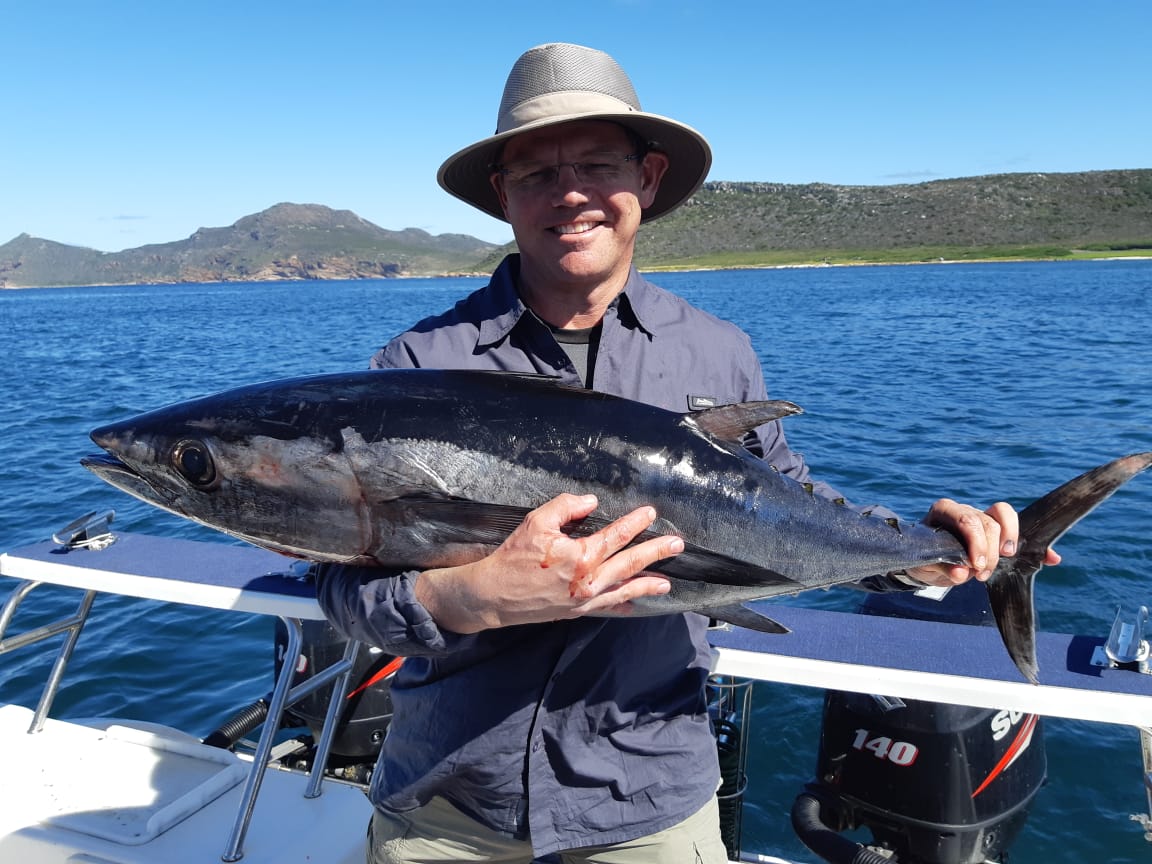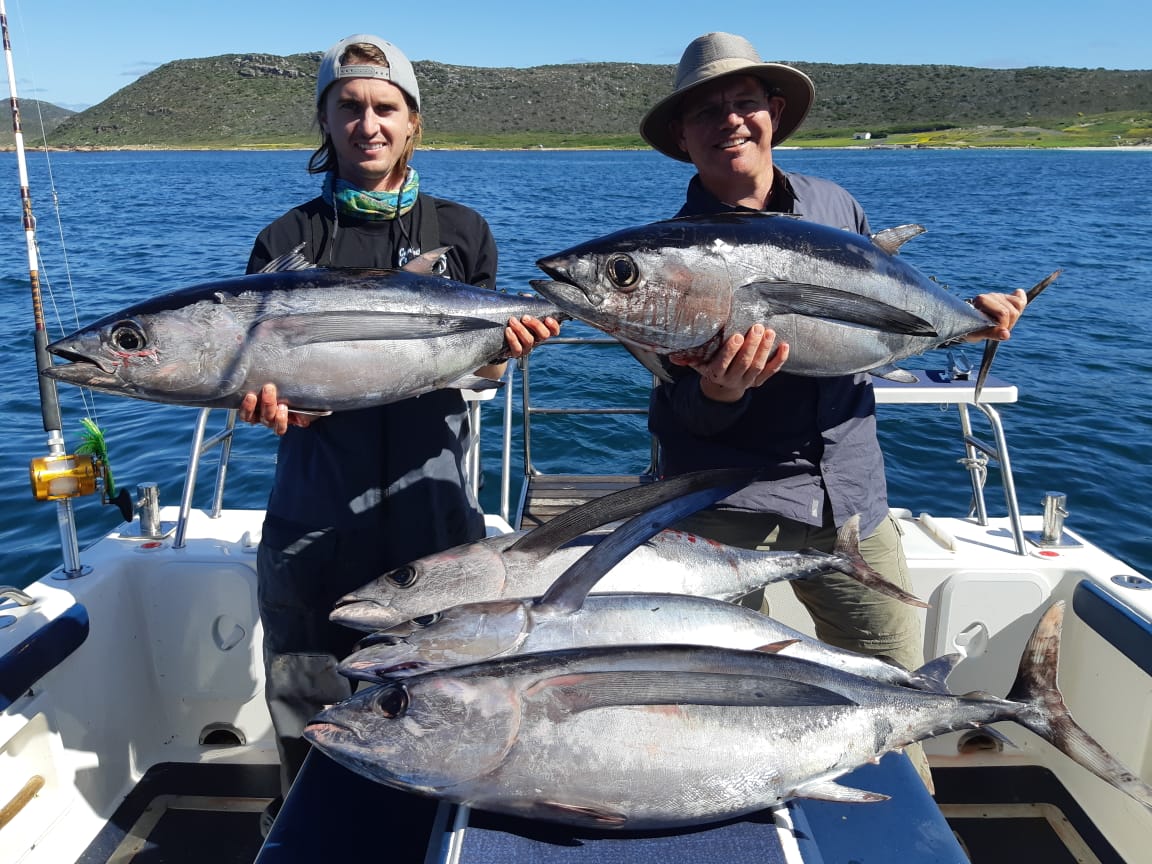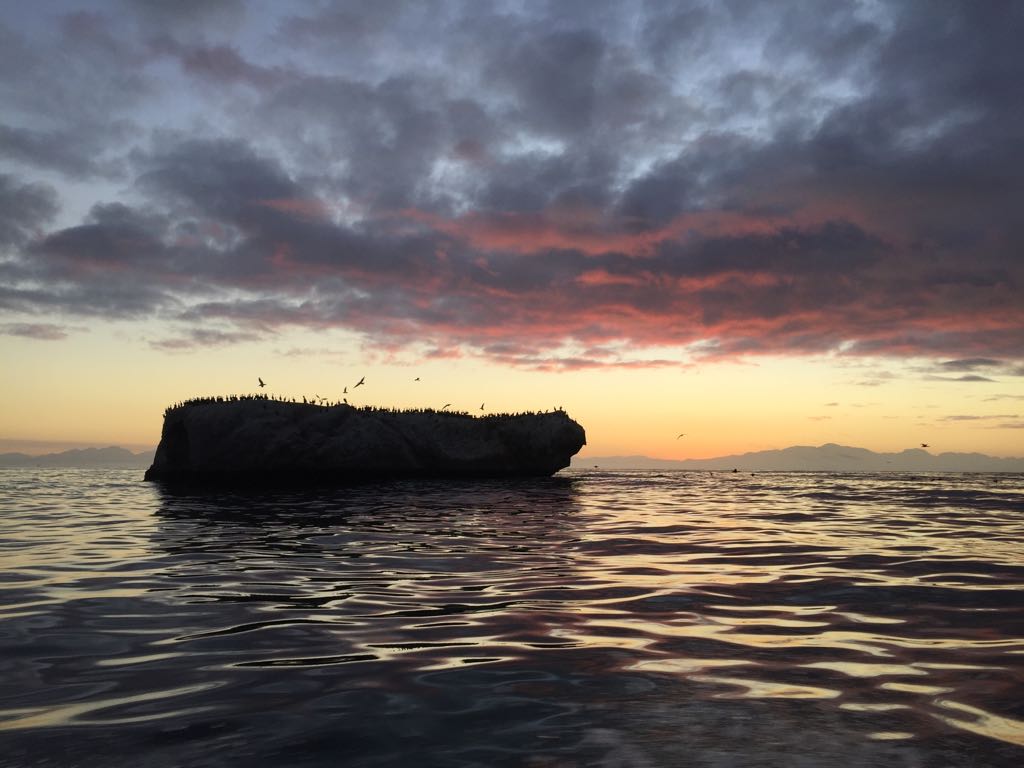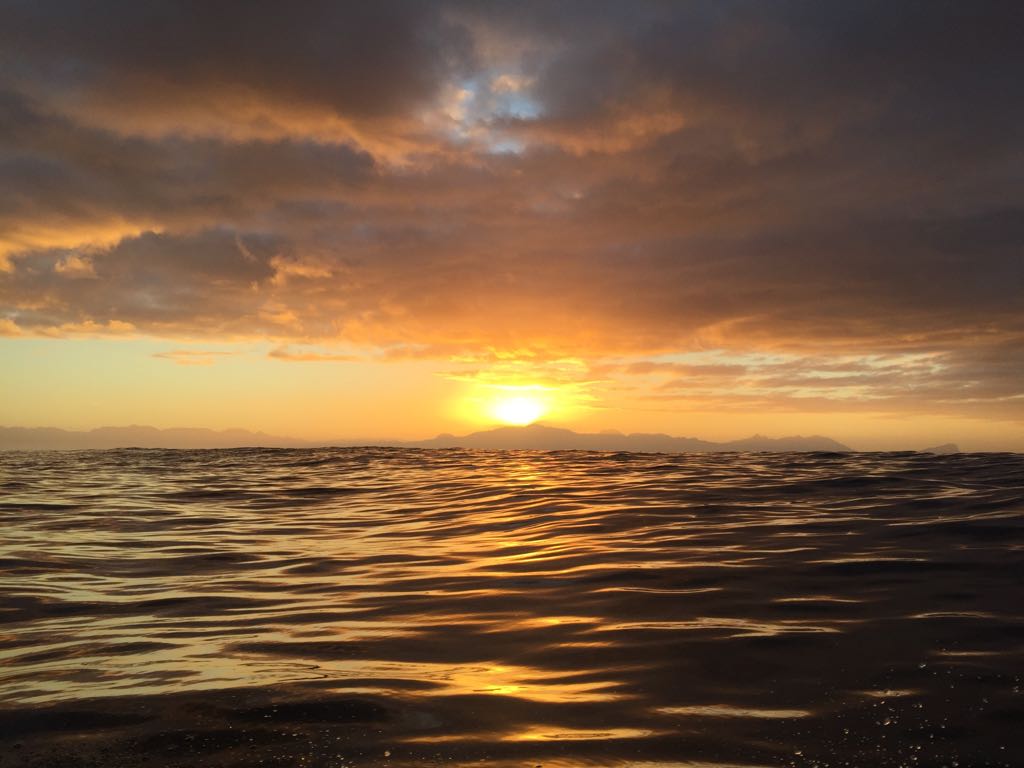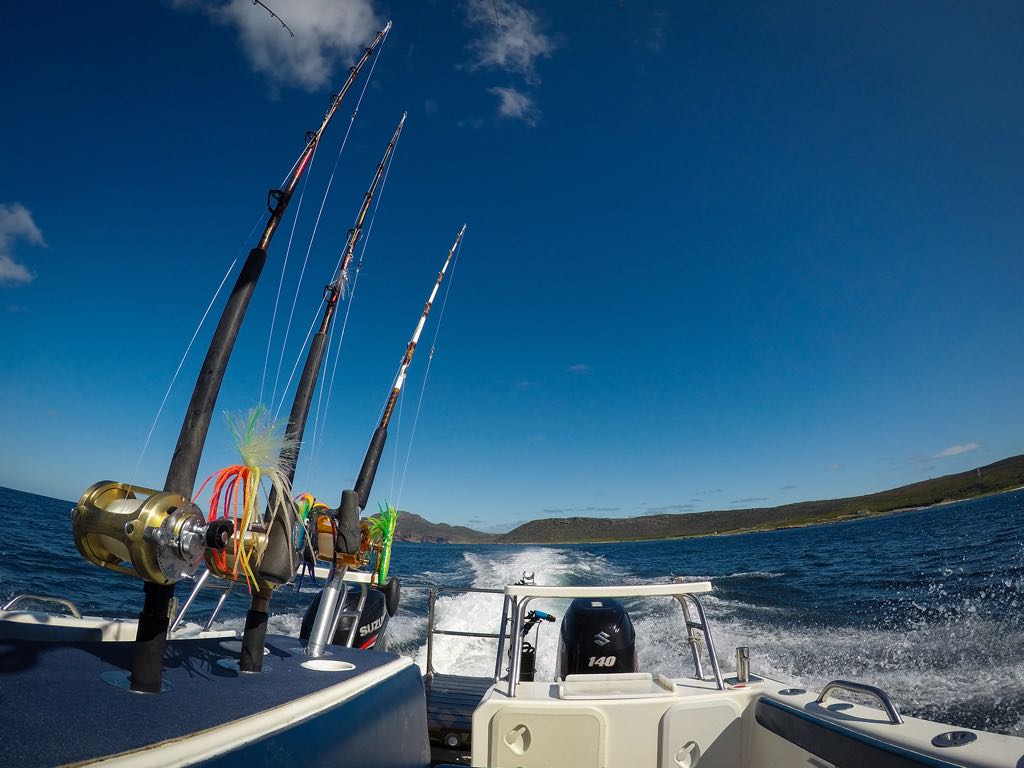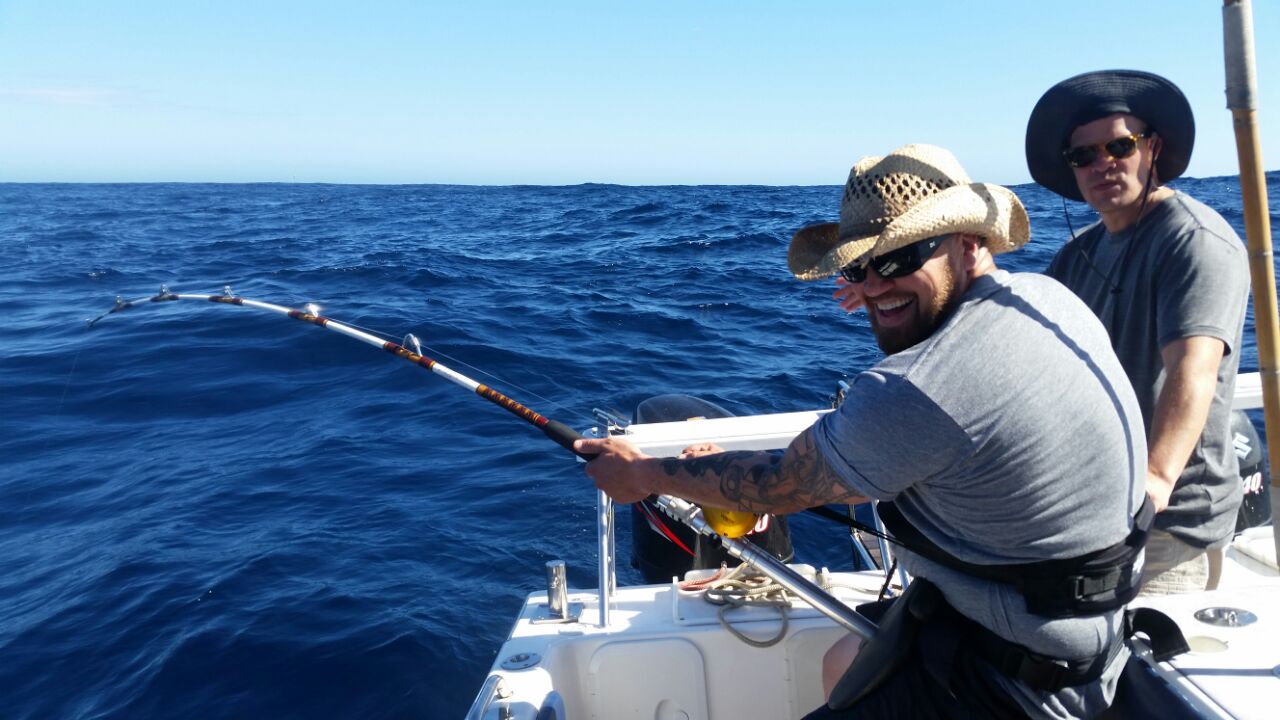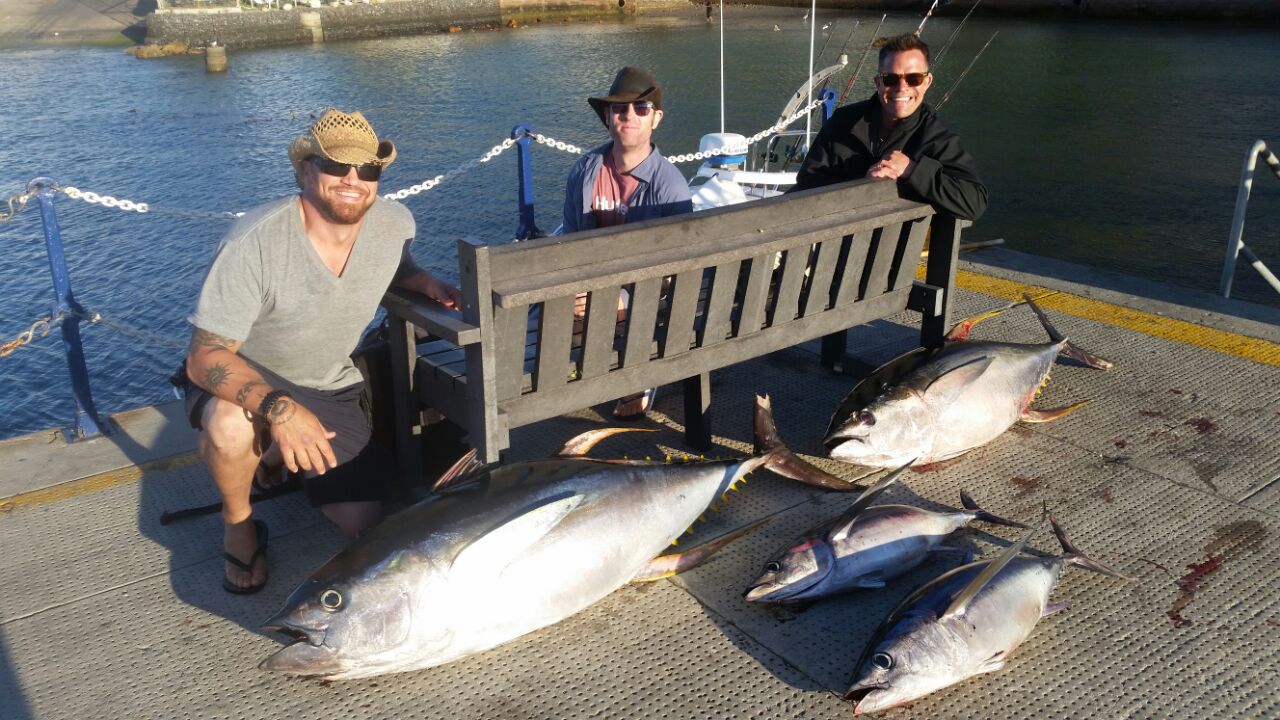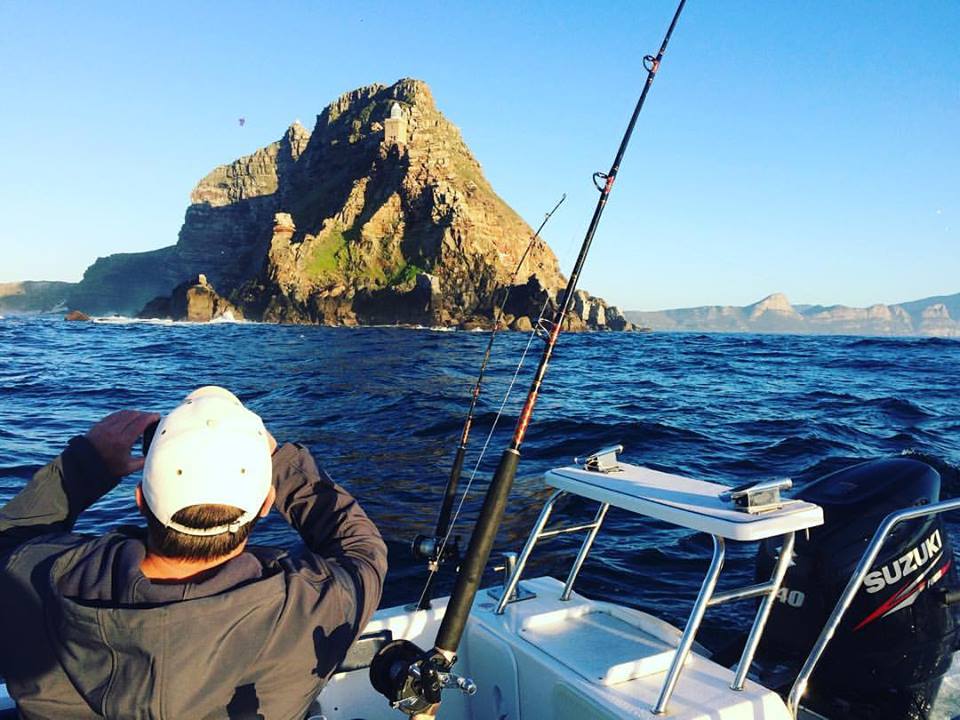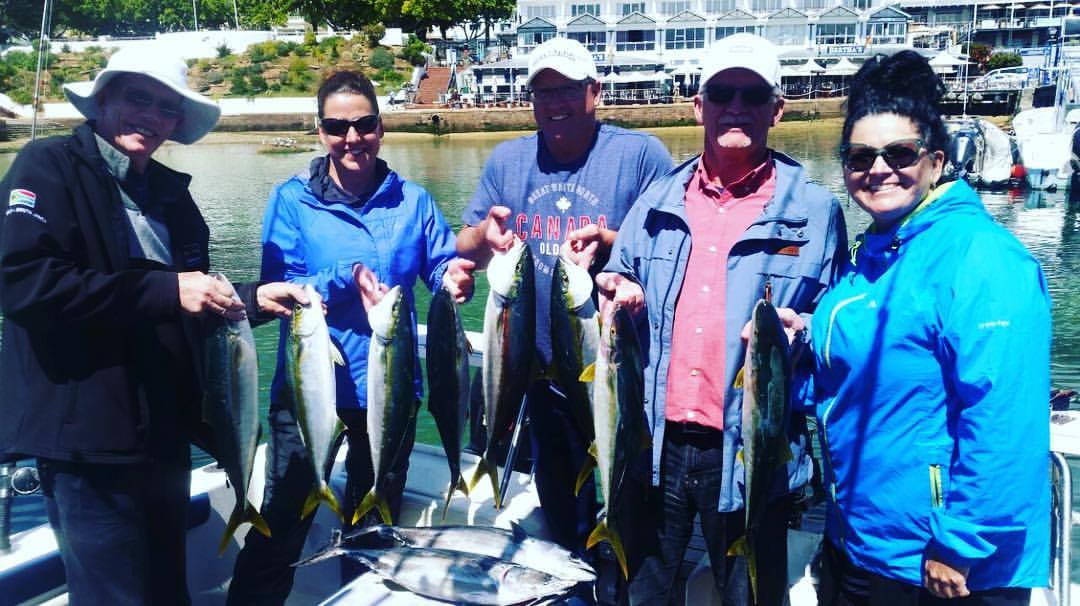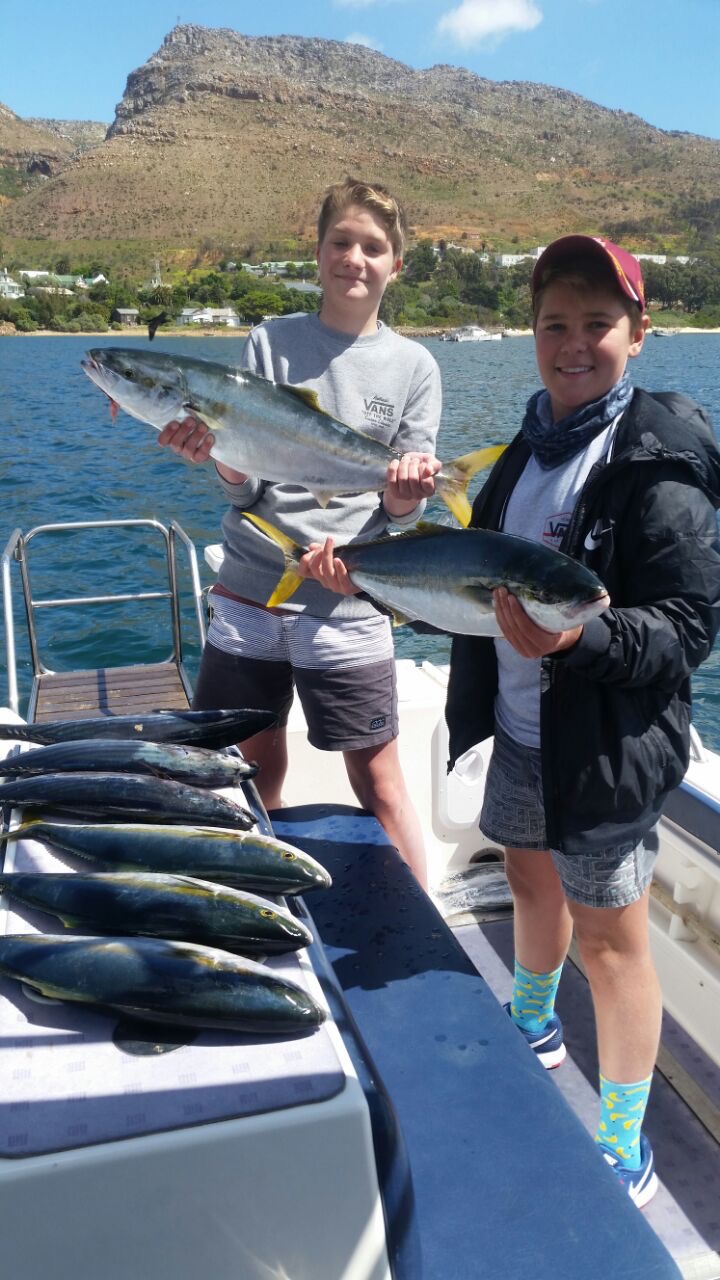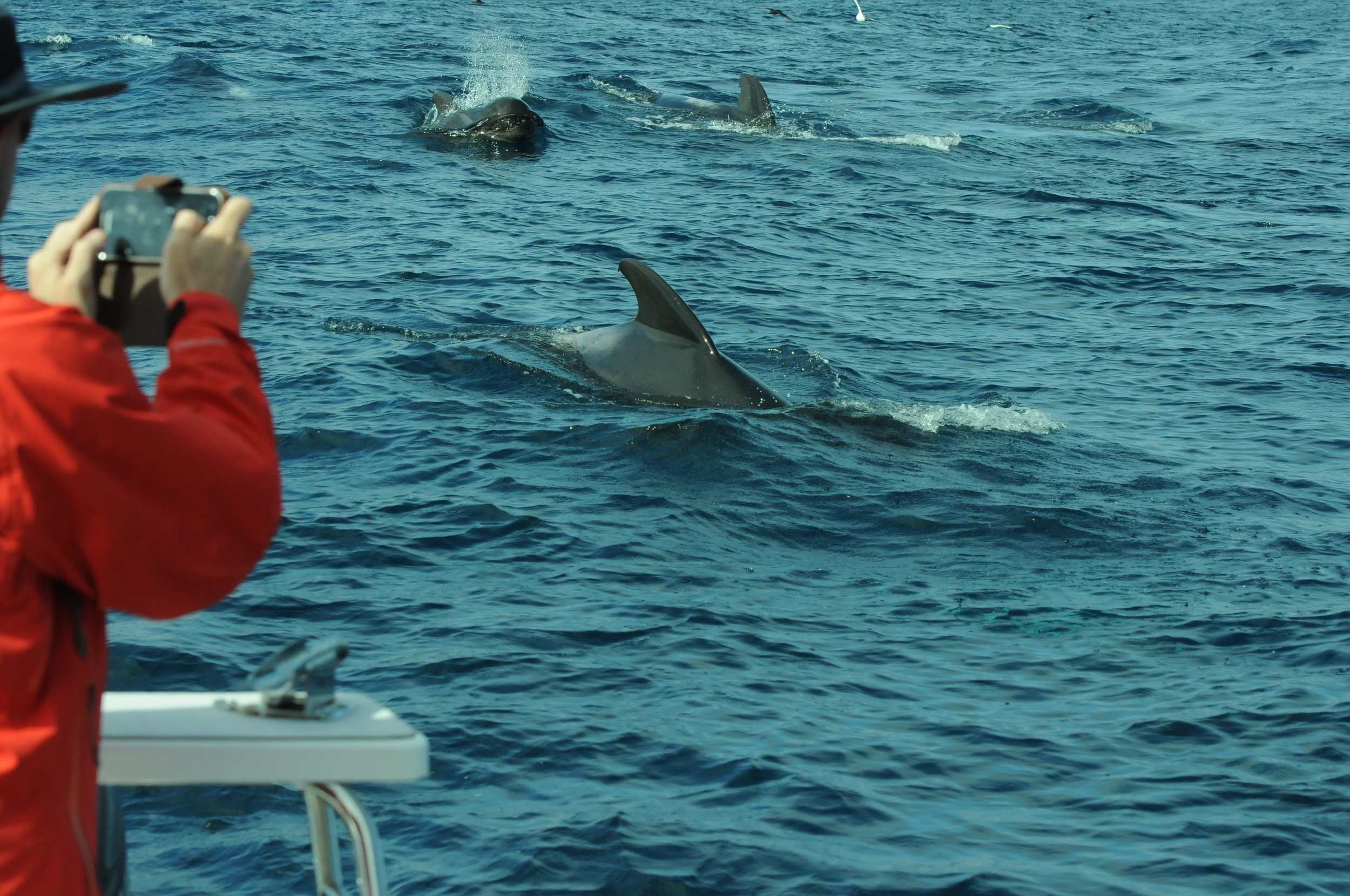The Long-Fin Tuna are here!
We left Simonstown, False Bay just before sunrise and we were off to an early start! On our way to Cape Point, we were blessed with a breath-taking sunrise from the east as we cruised comfortably doing 24 knots in anticipation of what the day had to offer! Our guests from New Zealand had got in contact with us and made it clear that they wanted to catch Tuna, so we we’re decided to head towards an area known as “THE CANYON”, approximately 20 nautical miles off Cape Point, where currents meet and nutrient rich waters are found.
Shortly after putting lines in the water we were on! With bending rods and screaming reels, we we’re off to an exciting start! The first fish we landed was a Long-Fin Tuna, weighing in at around 18/20 kg’s and before we knew it we had 10 Long-Fin Tuna on-board Destiny. Shortly after the chaos, the fish went off the bite, so we decided to head back home to avoid running in the dark. We we’re slowly approaching the tip of Cape Point, when our Skipper spotted some “working” birds, deciding to make a quick stop to see if anything was chasing the bait fish from which the birds were feed upon. We started trolling two Rapala’s and a Snake Spinner at 5 knots and boom, just like that we we’re once again on with fish, except this time it was a mixed shoal of Yellowtail and Katonkel.
Our guests we’re over the moon with excitement, having landed so many fish and different species to go along with it! It was a day to remember and we are super excited that the Tuna are here! Check out some of the photos from the trip below - We hope you enjoy!
